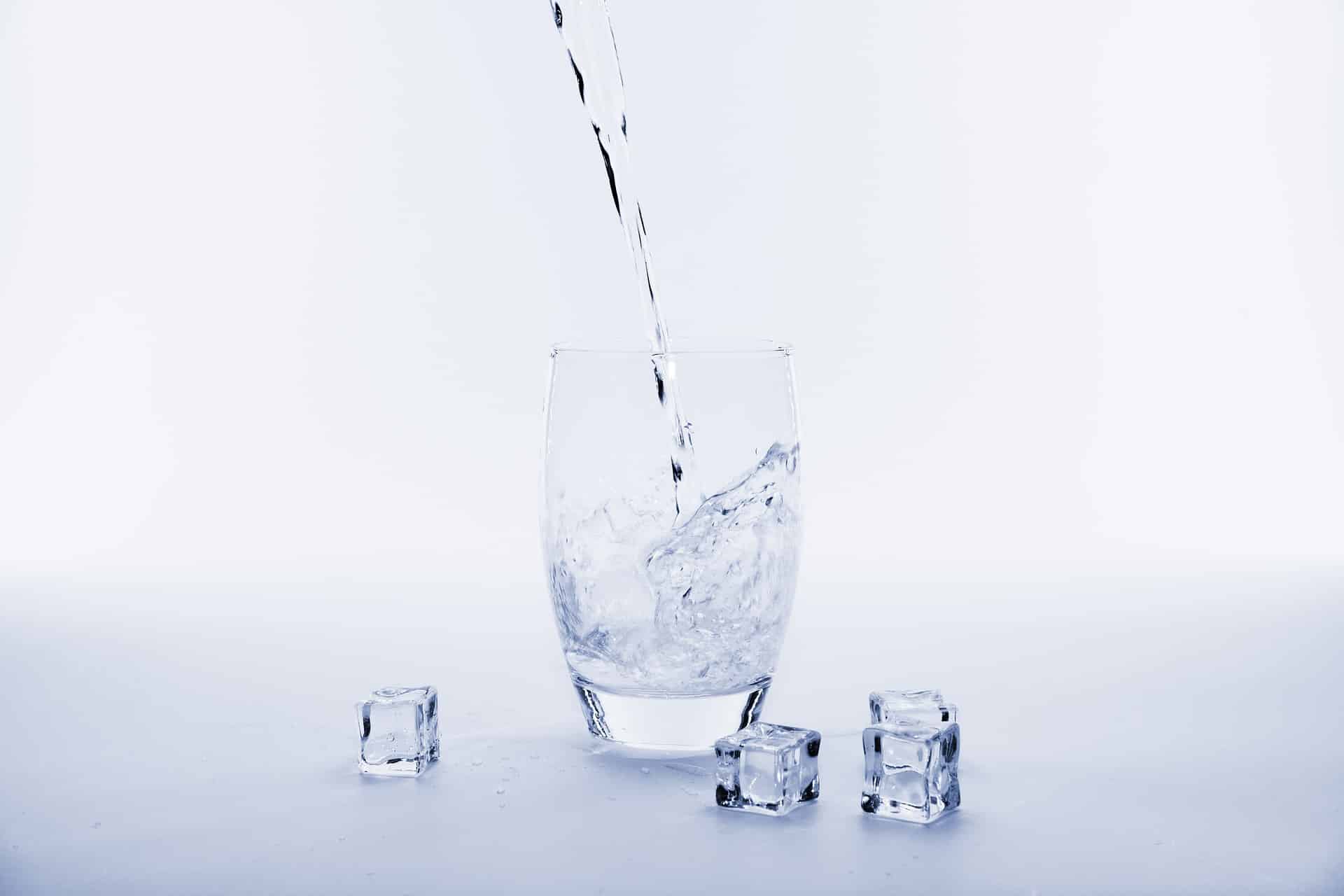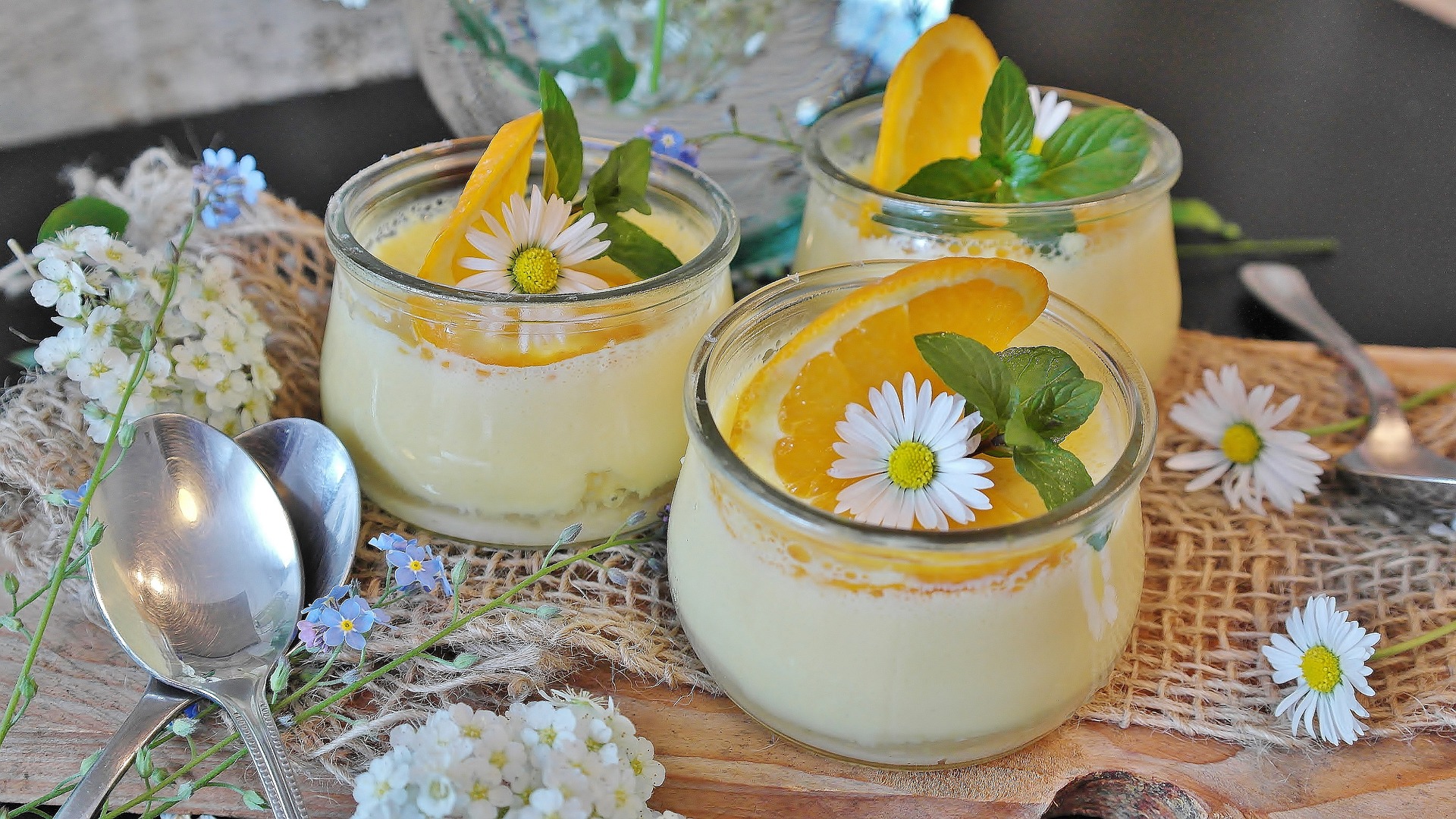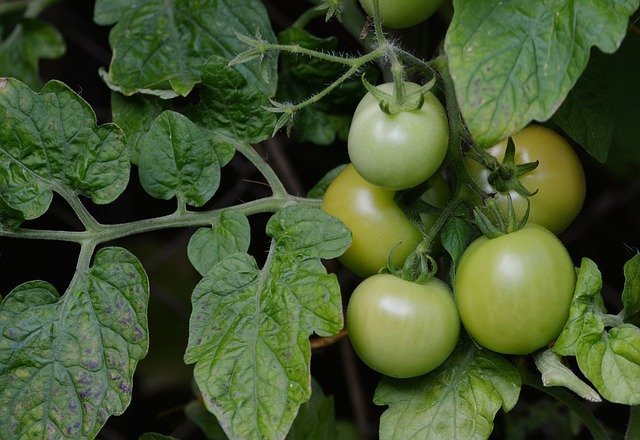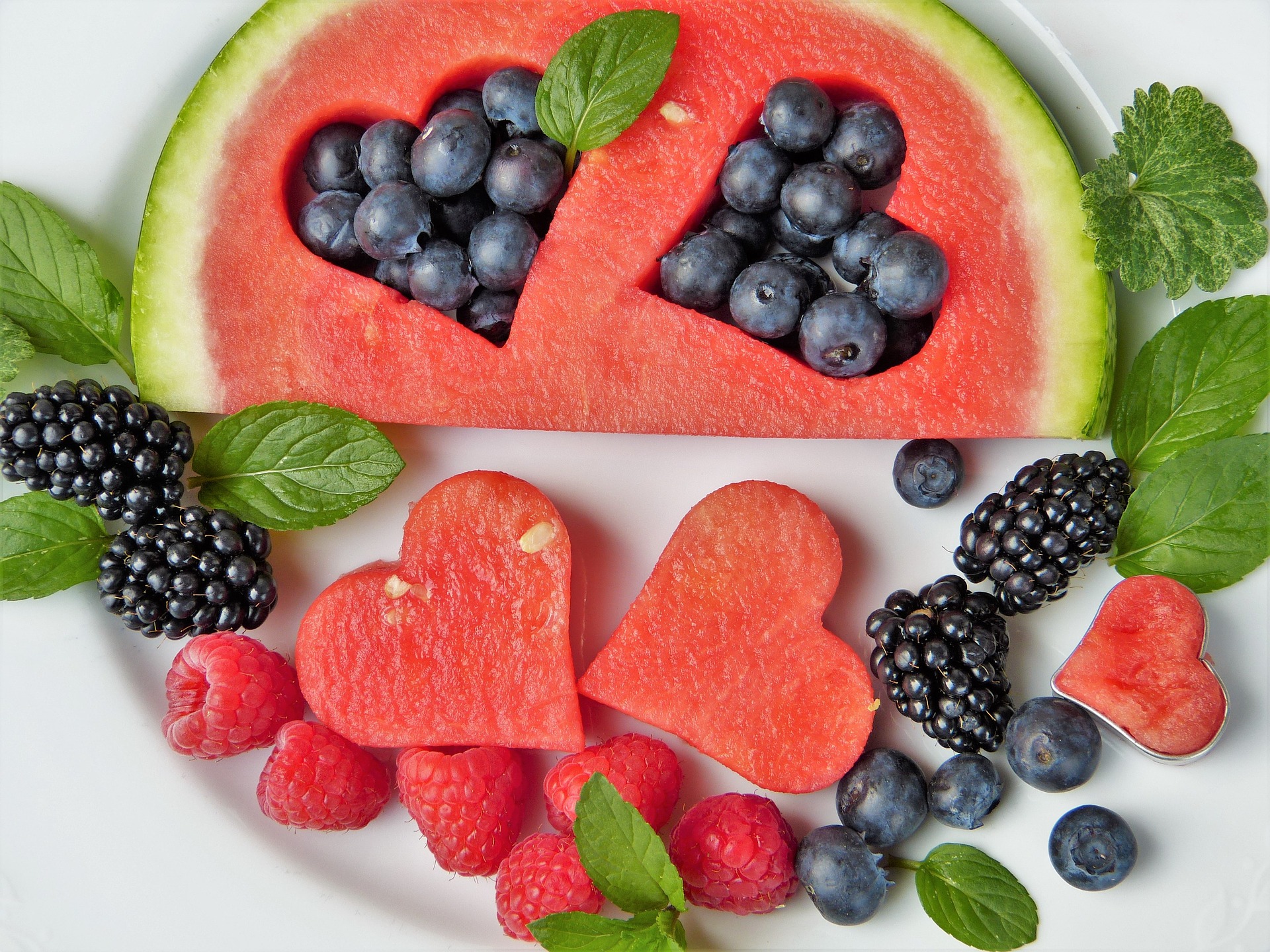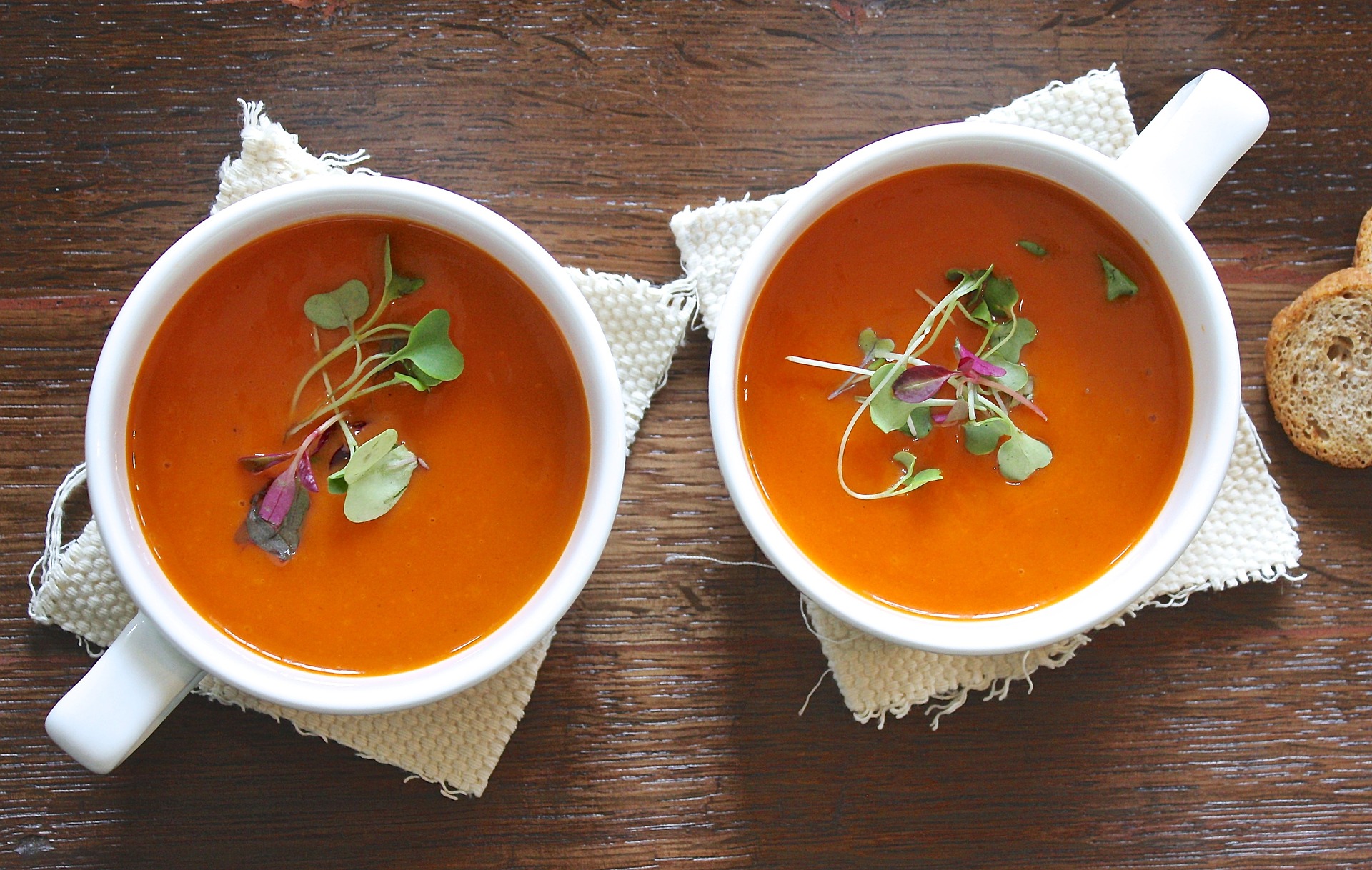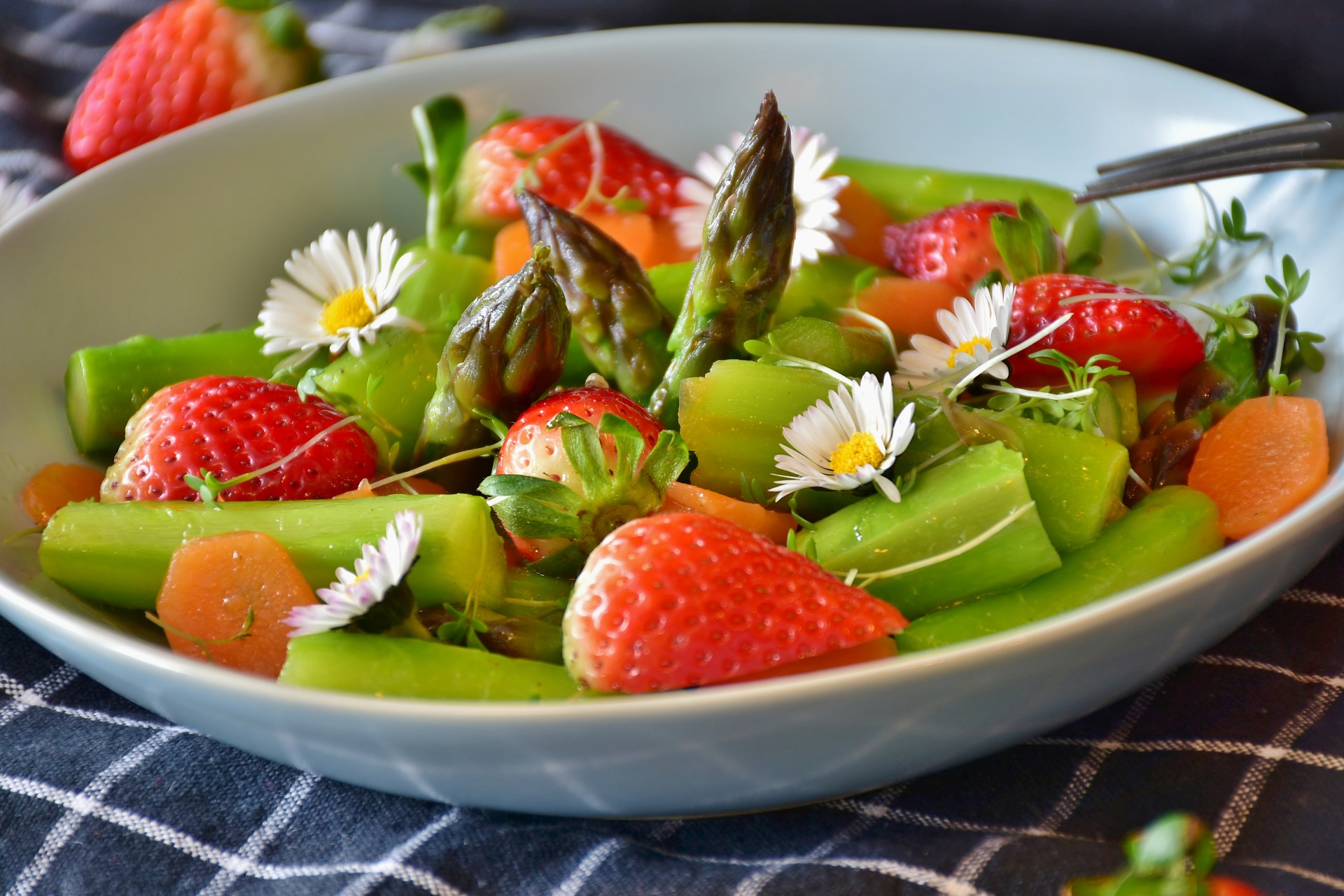After the oxygen, water is the body’s principal chemical component and makes up about 60% of the body’s weight. Humans can live for several weeks without food but will only last a few days without water. Water is present both inside and outside the body’s cells and is relied upon by every system and function in the body. So, always we should put our mind to obtain pure water for a healthy body.
Covering 70% of our planet and 60% of our own body, water is one of the key reasons for human survival and civilization in general. Yet despite its abundance, why is there a constant fixation to stay hydrated at all times? Even when you aren’t particularly thirsty? That is due to we keep losing water from our body, through urine and sweat. And also due to water carries out many important jobs, crucial for the smooth running of our essential body functions such as flushing bacteria out of your bladder, aiding digestion, carrying nutrients and oxygen to the cells, preventing constipation, maintaining the electrolyte balance, etc.
However, water should be consuming every day. Some nutritionists say it is purely contingent of the lifestyle. Since almost every system in the body required water to function. The recommended intake varies from factors to factors including sex, age, activity level, and others, such as pregnancy and breastfeeding.
What is the Eight Glass Water Rule?
According to the rule, one should drink eight glasses, each consisting of eight ounces of water, which equals about two litres, or half a gallon daily. The need differs from person to person. And also, one should contact their doctors to know their actual need.
We can find when people dehydrate and still do not drink water face problems like major headaches and even mood swings. However, it is also recommended that the water intake wants to increase if the activity pattern of the person is very high like athletes or person into the heavy gym, as they would be losing water in higher amounts. 8 glasses per day are just an approximate count, for that matter, even 4 glasses in the morning do not have a solid scientific basis to it.
Water Intake for Summers
When we go anywhere, we must carry a water bottle around at all times. And even before stepping out, to prevent yourself from dehydration, make sure you have drunk enough water down your throats,” to make up for the sodium and potassium needs” for the tough day.
The afternoon is the hottest time period of the day, therefore, Ayurveda suggests that you should drink maximum water during this period so as to maintain the body temperature. You could incorporate some small changes including adding Pitta pacifying ingredients in water that help maintain body heat.
Normally the body loses water through breathing, perspiration, urine and bowel movements. For the body to function properly, it must replenish its water supply by consuming beverages and foods that contain water. In a healthy person, the levels of water intake and secretion are approximately the same. Every individual’s water needs depend on factors such as sex, health, activity level and the climate they live in. An adequate intake for men is roughly 3 litres of total beverages a day. That number is 2.2 litres for women. Consuming high levels of sugar also increases the body’s need for more water to dilute the stomach’s contents.
However, in warm climates, the use of starchy and sugary foods such as dates can help raise the body’s blood levels due to the large amounts of energy used when digesting foods. Drinking water is not the only way to meet the body’s fluid needs. What you eat also gives a significant portion of your fluid needs. Normally food provides about 20% of total water intake. Many fresh fruits and vegetables, such as watermelon and tomatoes, are 90% or more water by weight. And also beverages such as milk and juice are composed mostly of water. Even caffeinated beverages — such as coffee, tea or soda — can contribute, but should not be a major portion of the body’s daily total fluid intake as they are diuretic and increase water loss from the body. Water is still the easiest and best way to hydrate because it’s calorie-free, inexpensive and readily available.
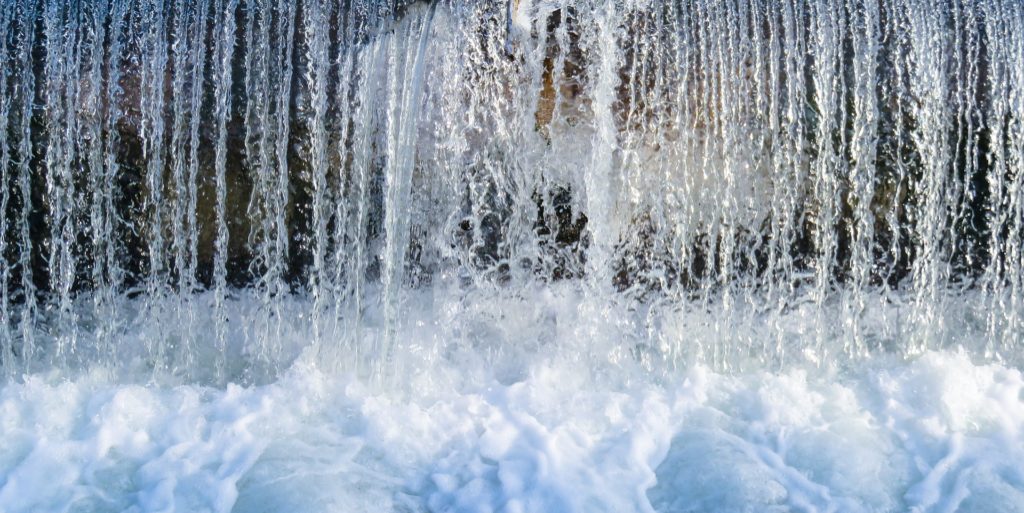
The best time to drink water is half an hour before meals and two to three hours after. Water exits the kidneys three hours after intake. So, unless suffering from kidney disease, sufficient water intake must be maintained throughout the day. When the water consumed by the body is greater than that which is lost, the body excretes the excess water.
It is very essential and important of water for a healthy body. According to many health, experts are stated that it’s importance.
Lack of water can lead to dehydration, a condition that occurs when not enough water is present in the body to carry out normal functions. Losing 2% of the body’s weight in water is the initial stage of dehydration and its symptoms include thirst, faintness, weight-loss, dryness of the skin, increased heart rate and dizziness. If the dehydration is not treated, vital organs lose their function and if it continues, the body falls into unconsciousness and even death. Children and the elderly are especially at risk. Children have a higher percentage of water in their bodies and are therefore more prone to suffering from dehydration. Age impairs the thirst mechanism in the elderly and leads to dehydration. Water is essential in the absorption of food and vitamins and helps the liver and kidneys to secrete the body’s toxins. Drinking plenty of water also helps in the treatment of some illnesses such as kidney stones, constipation and diarrhoea. In many cases the cause of headaches and body aches is dehydration.
You can practice a healthy life with our web site in https://mealsweb.com/ and https://www.healthline.com/nutrition/50-super-healthy-foods. So, let’s try to be more healthy man.

